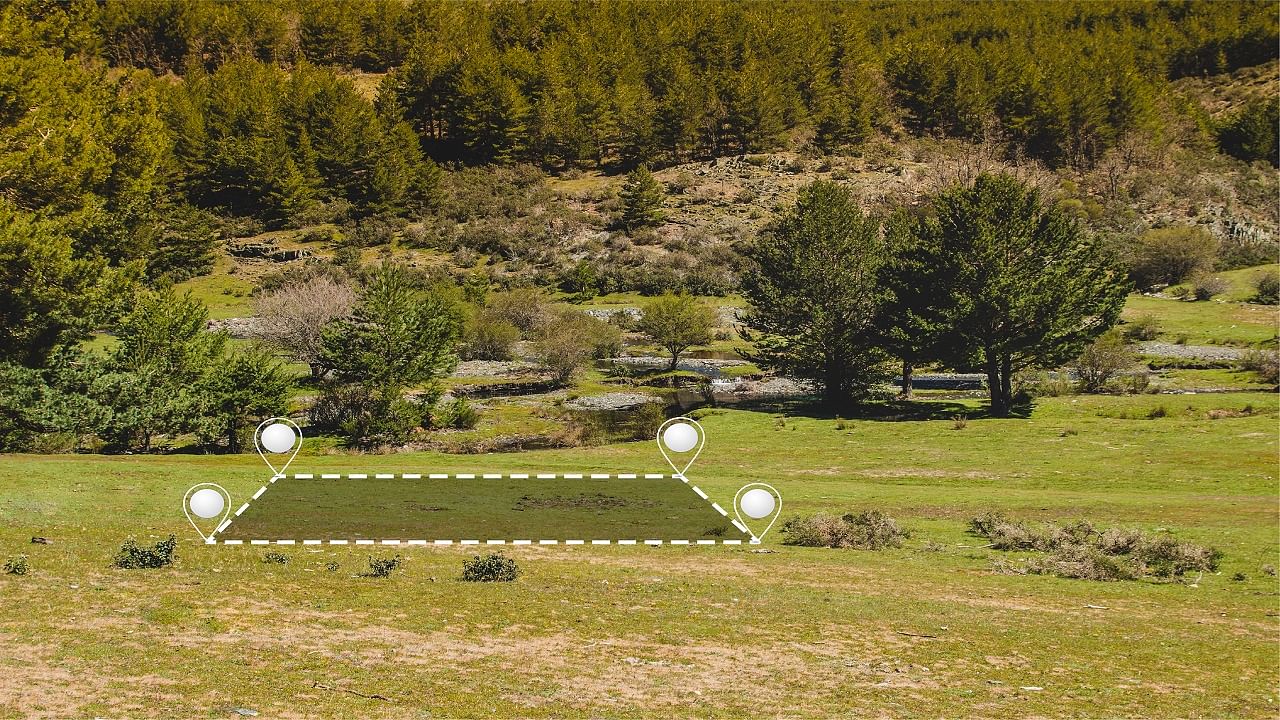
The Tamil Nadu government is taking steps to streamline the acquisition of land for major infrastructure projects through a revised land pooling scheme.
The new rules propose that only 50% of landowners' consent will be needed to acquire land for such projects. However, if more than 50% of landowners oppose the acquisition, the scheme will be abandoned.
This move is expected to accelerate development initiatives in Tamil Nadu, as numerous projects have been delayed due to land unavailability.
Additionally, the updated rules will permit private entities to participate in land acquisition through the land pooling scheme. These changes are being introduced following amendments to the Town and Country Planning Act, which aims to overhaul the Land Pooling Area Development Scheme.
The Land Pooling Area Development Scheme is designed to facilitate the consolidation of land for development projects by involving landowners as development partners. It was first introduced in 2018 to acquire land for housing and other infrastructure projects. The recent amendment draws inspiration from land pooling models in Gujarat, Andhra Pradesh, Haryana, and Delhi.
The proposed rules outline the various stages involved in implementing the scheme under Section 39 of the Town and Country Planning Act.
According to these rules, a preliminary draft of the land pooling scheme must be published by the Chennai Metropolitan Development Authority or another planning authority within nine months of announcing its intention in the district gazette or on its website.
During this period, objections to the scheme can be raised, with a two-month window provided for this purpose.
Following the objection phase, the planning authorities will scrutinize the objections and make necessary adjustments to the scheme. Once these revisions are completed, the scheme will be sent to the government for approval.
After receiving government approval, the appropriate planning authority will forward the approved scheme to the registration department and revenue department for updating and mutating revenue records. Importantly, this will be done at no cost to the landowners.
Within nine months of announcing the preliminary scheme, a final proposal will be prepared. During the subsequent two months, any grievances or appeals related to the scheme will be addressed.
Following this period, the final scheme will be published, and the process of providing land pooling ownership certificates will commence.
These certificates will contain comprehensive details, including the original plots of landowners, the final reconstituted plots, ownership information, and a sketch of the reconstituted plots with boundary schedules.
Furthermore, the permissions for development, whether for private or government organizations, will remain valid for eight years from the date of approval by the respective authority.
One notable aspect of the proposed rules is that they ensure that the updating and mutation of revenue records will be carried out without imposing any costs on the landowners. This streamlined process aims to simplify land acquisition for development projects and promote faster infrastructure development in Tamil Nadu.












